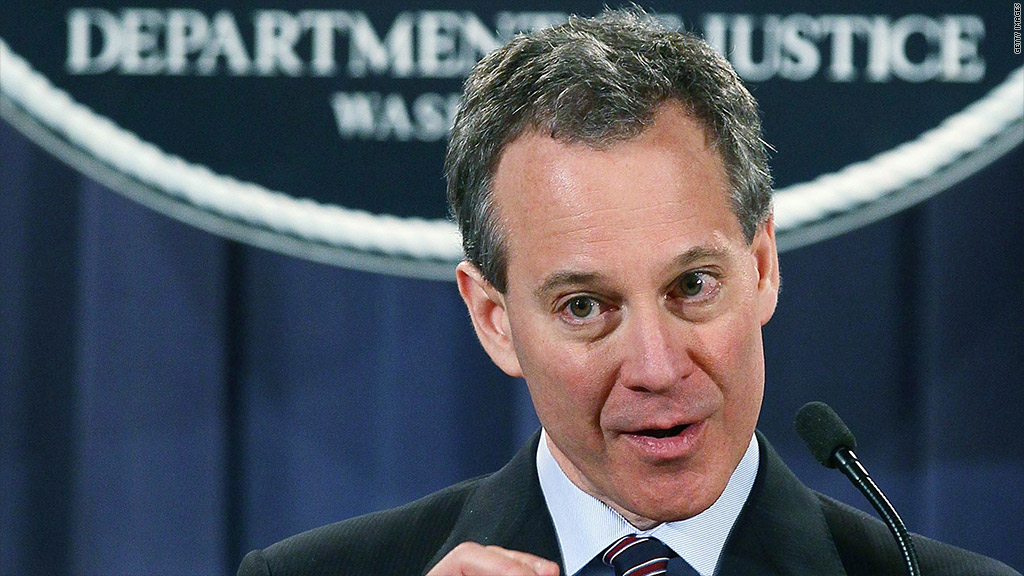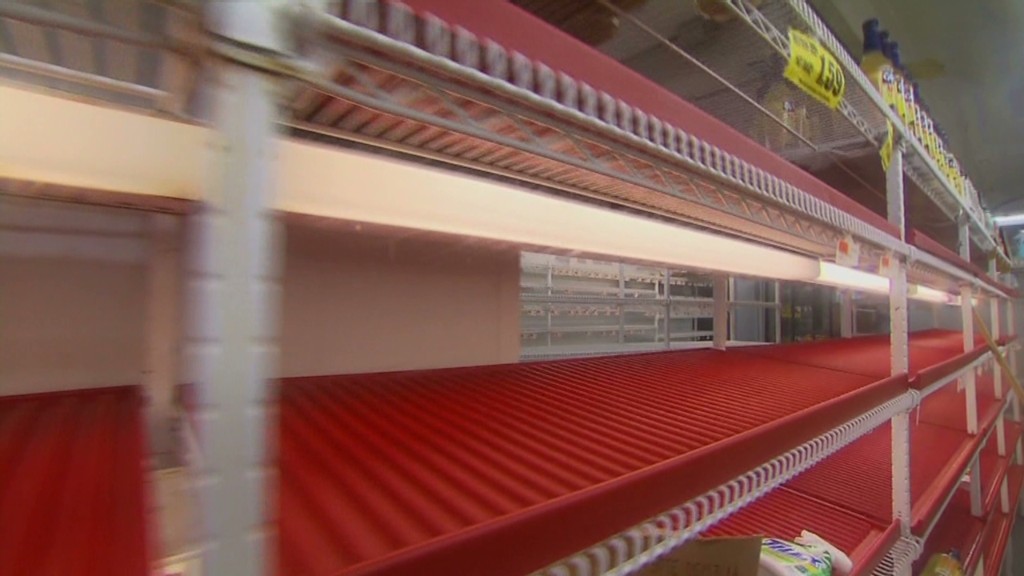
New York Attorney General Eric Schneiderman announced Monday that he was investigating reports of price gouging in the aftermath of Hurricane Sandy.
Schneiderman said he had received "hundreds" of complaints from consumers who claim merchants have hiked prices on essential goods since the hurricane hit last week. Under New York law, it's illegal for merchants to sell products at "unconscionably excessive" prices during "an abnormal disruption of the market."
Most complaints Schneiderman's office has received relate to gasoline prices, the attorney general said in a statement. Motorists have lined up for blocks at gas stations in New York and New Jersey in recent days amid fears of a gas shortage, with many stations remaining closed in the absence of electricity.
Other consumers have complained about prices for hotel rooms, generators, food and water.

"We have contacted the targets as part of a preliminary inquiry and vendors are now on notice," Schneiderman said. "While most retailers understand that customers are also neighbors, and would never think of taking advantage of New Yorkers during such disruptive times, emergency circumstances always require an extra sense of vigilance."
New York's price gouging law doesn't specifically define what constitutes an "unconscionably excessive" price. While some disparity in prices before and after a market disruption is allowed, "gross" disparities are illegal "when it is clear that a business is taking unfair advantage of consumers... under severe circumstances that call for shared sacrifices," the attorney general's office said.
New Jersey officials have also warned merchants against price gouging, announcing on Friday that they had issued subpoenas on the issue to 65 businesses in response to more than 500 consumer complaints.
"Fuel, electricity, food, and a place to sleep are not luxuries, certainly not for individuals who have been displaced from their homes and in many cases have limited resources at their disposal," New Jersey Governor Chris Christie said in a statement.
"We are not asking businesses to function as charities. We require that they obey New Jersey's laws -- or pay significant penalties."
